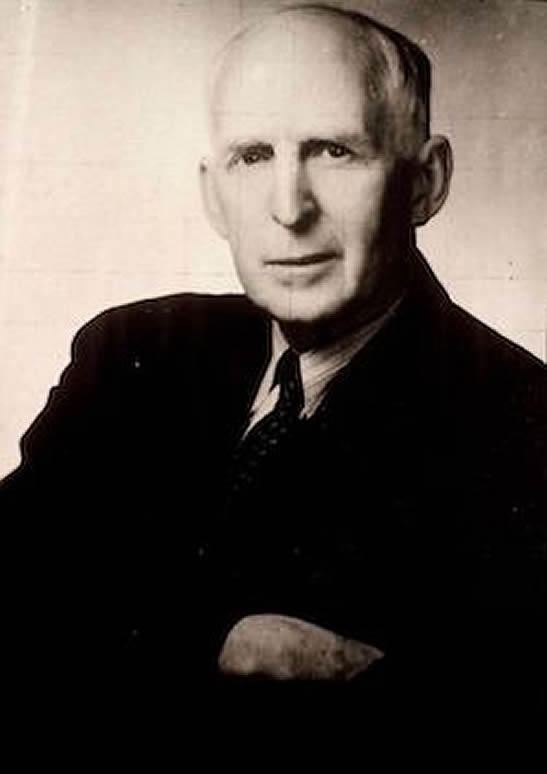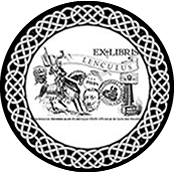
Charles Austin Beard - The idea of national interest
An analytical study in american foreign policy
As a scholar and historian, Charles A. Beard transformed the teaching and study of American history by stressing the "whole man," including the relationship of economic interests to politics. This approach first appeared in his study of the men who attended the 1787 Constitutional Convention, An Economic Interpretation of the Constitution (1913). The book was attacked by critics, including University president Nicholas Murray Butler and former U.S. president William Howard Taft, for positing that the U.S. Constitution was the product of the founders' economic commitments and conflicts. Columbia's trustees considered it to be an assault on the Founding Fathers. Despite the controversy, it became required reading in high schools and colleges and a classic in the field. Beard pursued his argument further in Economic Origins of Jeffersonian Democracy (1915, reprinted 1965) and The Economic Basis of Politics (1922). His other well-known work, The Rise of American Civilization (1927), was cowritten with his wife, the former Mary Ritter. Beard also pursued his interest in city government through his involvement with the New York Bureau of Municipal Research and its Training School for Public Service, both of which he later directed. After World War I, he helped to found the New School for Social Research, which became a haven for refugee scholars fleeing Nazi Germany. Upon leaving academe, he engaged in scholarly research as a means to advance social action. In the 1930s, increasingly worried that the New Deal would be shunted aside to prepare for war, the liberal Beard attacked Roosevelt and was labeled an isolationist. Beard wrote 47 books in all-seven with Mary, a suffragette and historian-and 24 with other collaborators, in addition to more than 150 articles and 60 book reviews.
After completing his PhD in 1904, Beard lectured at Columbia for three years before securing a professorial appointment in the Department of Public Law. Once on the faculty, he inaugurated undergraduate instruction in politics and espoused the "new history," with its consideration of the influence of economic and social factors. He was also a popular teacher: "There was an Olympian quality to his presence on the lecture platform," wrote one biographer. "He was always the orator, never merely a speaker." In October 1917, Beard resigned from Columbia to protest the Board of Trustees' dismissal of two professors opposed to World War I, even though he himself favored American involvement in the war. He returned to Columbia as a visiting professor of government for one semester, in 1939.
Charles Austin Beard - President Roosevelt and the coming of the war, 1941
USA - PDF



